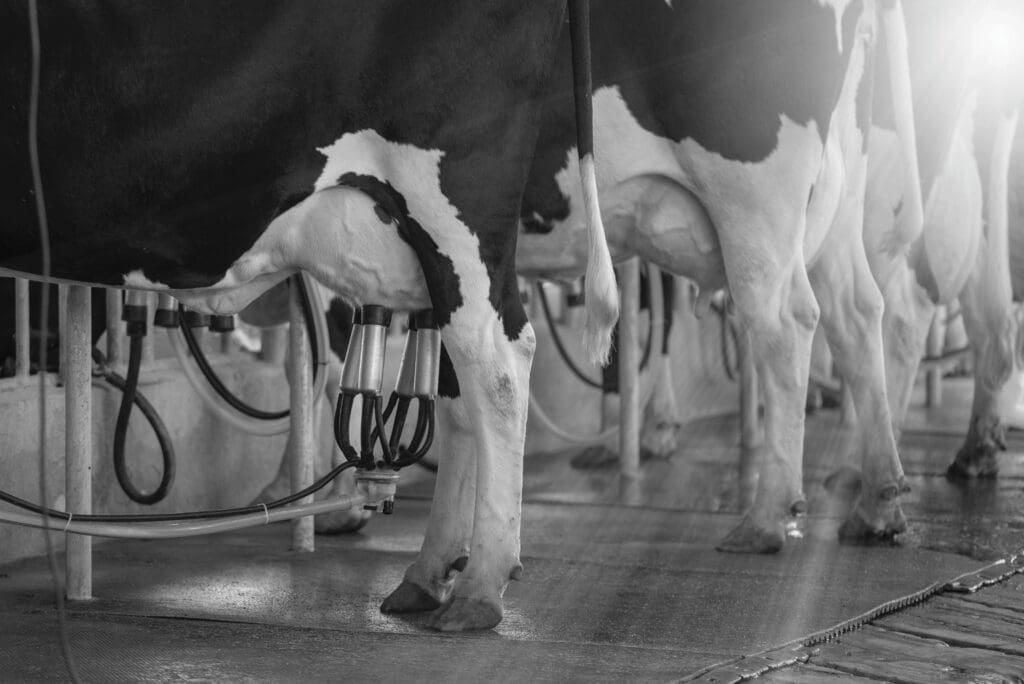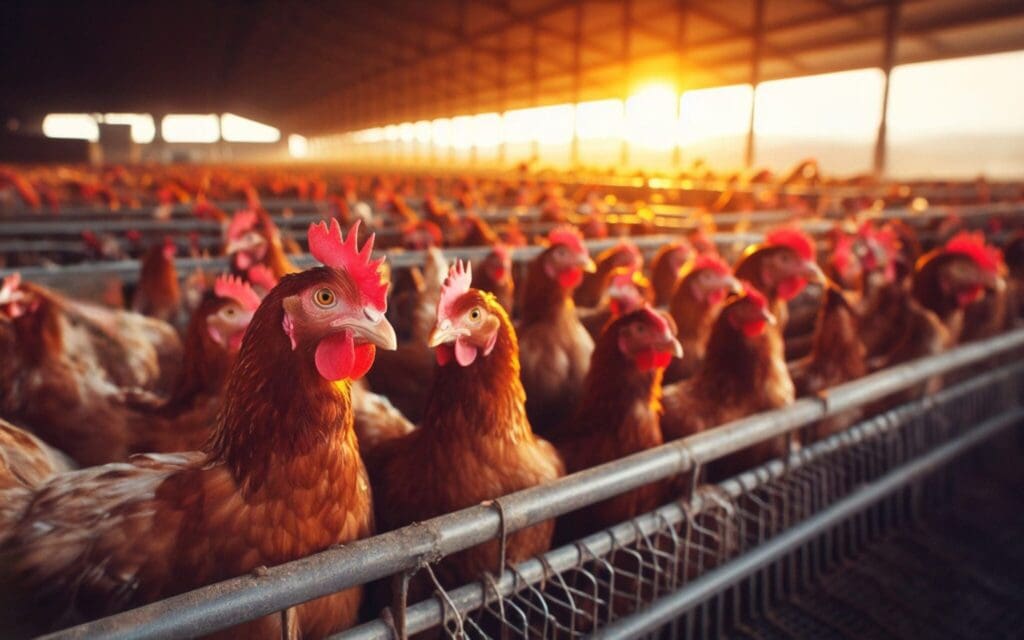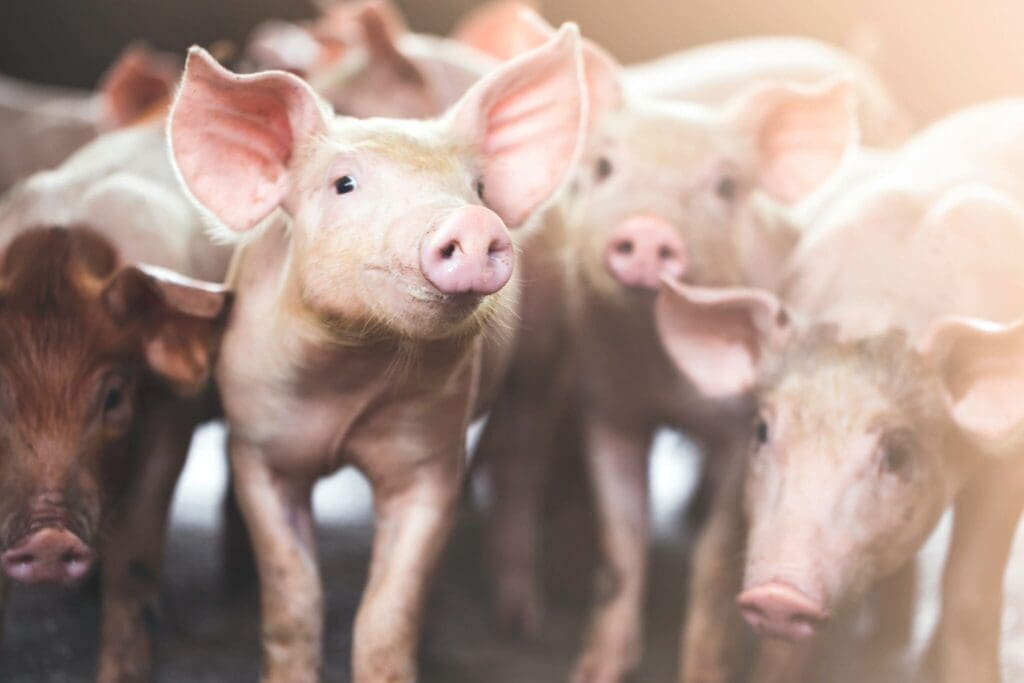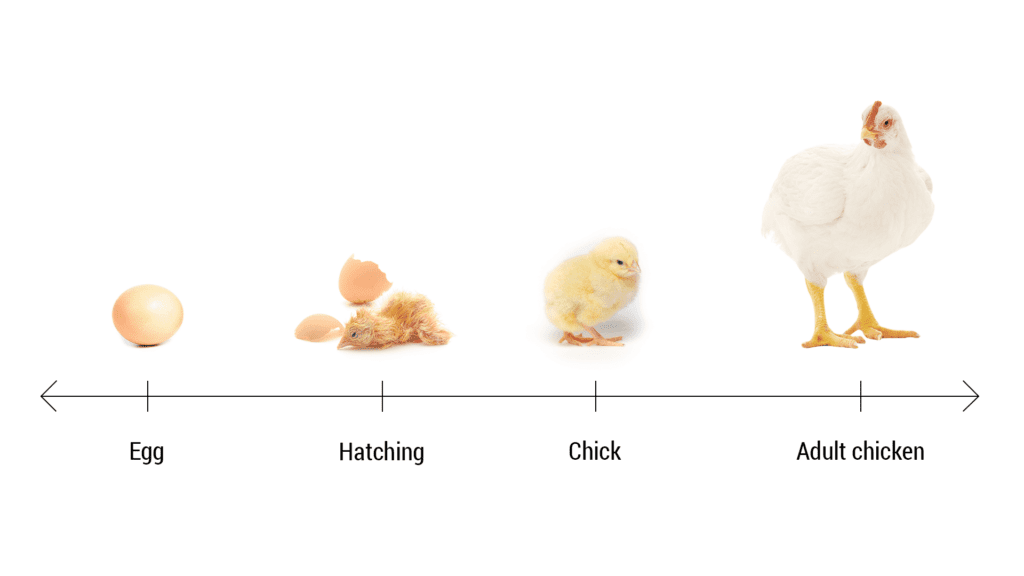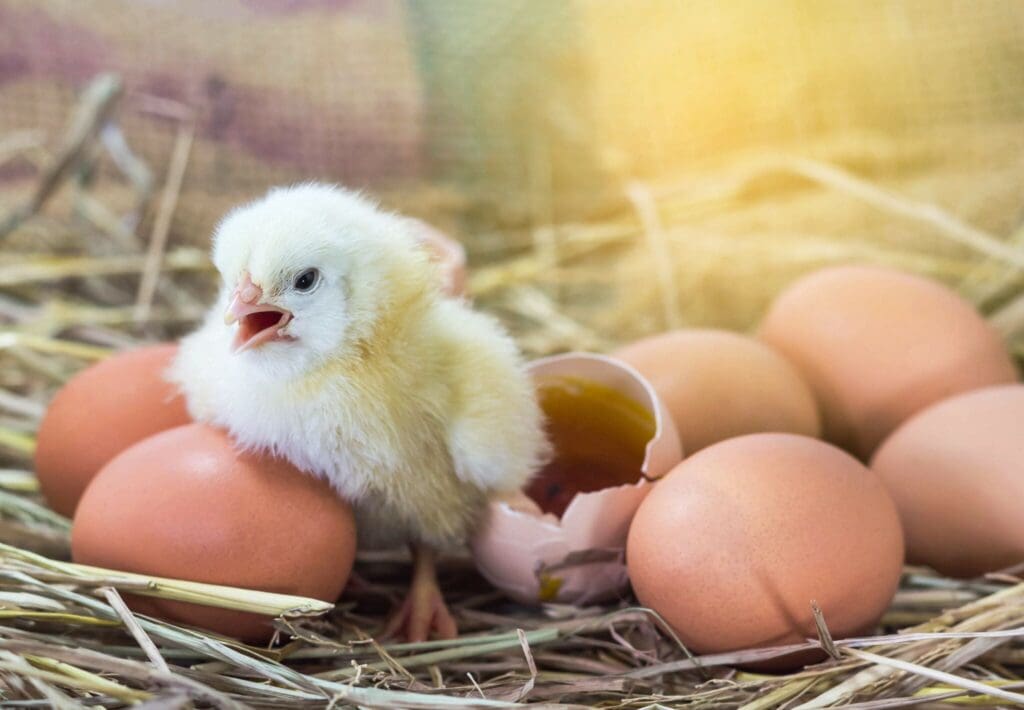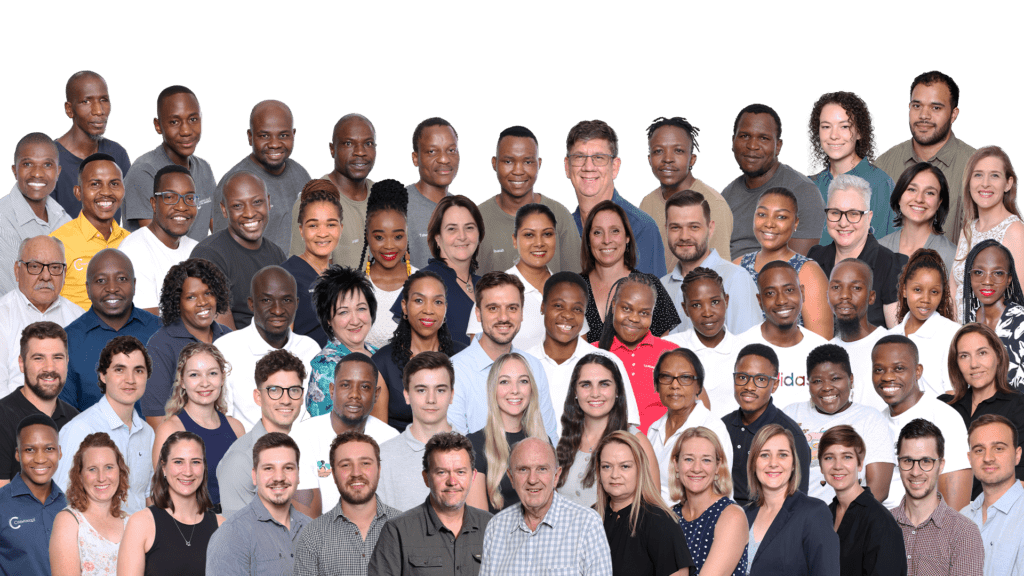Optimising cow comfort is critical to improving profitability on a dairy farm, because it is linked with higher milk production, better reproduction, and improved herd health. Many of the role players who partner with the dairy industry emphasise the technical aspects involved in optimising cow comfort, whether they relate to nutrition, disease, milking machines, or bedding. However, various interactions with dairy owners and managers show that one of the main challenges on many production units remains that of human resource management, and the retention of quality personnel.
“South Africa has become a country that many different people refer to as home, and the same applies to our business spaces. If we fall into the trap of overemphasising our differences (cultural diversity), we run the risk of dividing employees,” writes Dr John Mphaphuli, founder and director of the South Africa School of Millionaires (SASOM). “All people are the same, but at the same time they are different.”
Finding Solutions
“Cultural differences were a problem on our farm. Employees used to look down on other cultures, feeling uncomfortable with each other and arguing often,” says one dairy farm manager. “Since we all completed a training course on how to deal with multiculturalism, things have definitely changed for us. Employees are happier and the working environment is much more peaceful and productive, which means the cows are happier, too.”
The challenge
Of course, multiculturalism comes with its own challenges. The biggest challenge attached to working in the same space with people of different cultural backgrounds is a lack of understanding of each other. Although employees live in the same country, and work together for the same company, there could still be many gaps in their understanding of each other’s cultures. The result is that a lot of time may be wasted as employees try to figure out why others do things differently. The ultimate natural response is to judge and condemn others, especially those who are different from ourselves. In this context, giving and receiving instructions, and communication in general, can pose some serious challenges, hence the urgent need for specific training and personal development programmes for managers and employees on dairy farms.
Most dairy farmers are committed to their personnel and are constantly looking at ways to provide them with opportunities for personal development. “As human beings, we all have a need for lifelong learning and growth,” says Dr Mphaphuli, “so we can always look for new opportunities to develop and motivate human resources.”
“I realised that you can’t expect a different result if you keep on doing what you have always done,” explains another farm manager. “Our people desperately needed skills, not only in their field of work, but general life skills as well.” He adds, “As management, we also needed to make a paradigm shift in our way of thinking about our human capital.”
Conclusion
Investing in human resources on-farm through personal development training programmes can seem insignificant. However, the overwhelming impact that this has on our personnel, in helping them to understand various aspects of their job responsibilities, can create significant improvements in cow comfort and production efficiency on dairy farms.
Read full articleChemuniqué empowers feed and food producers with the most innovative animal performance solutions, enabling our clients to consistently advance the efficiency of production.
